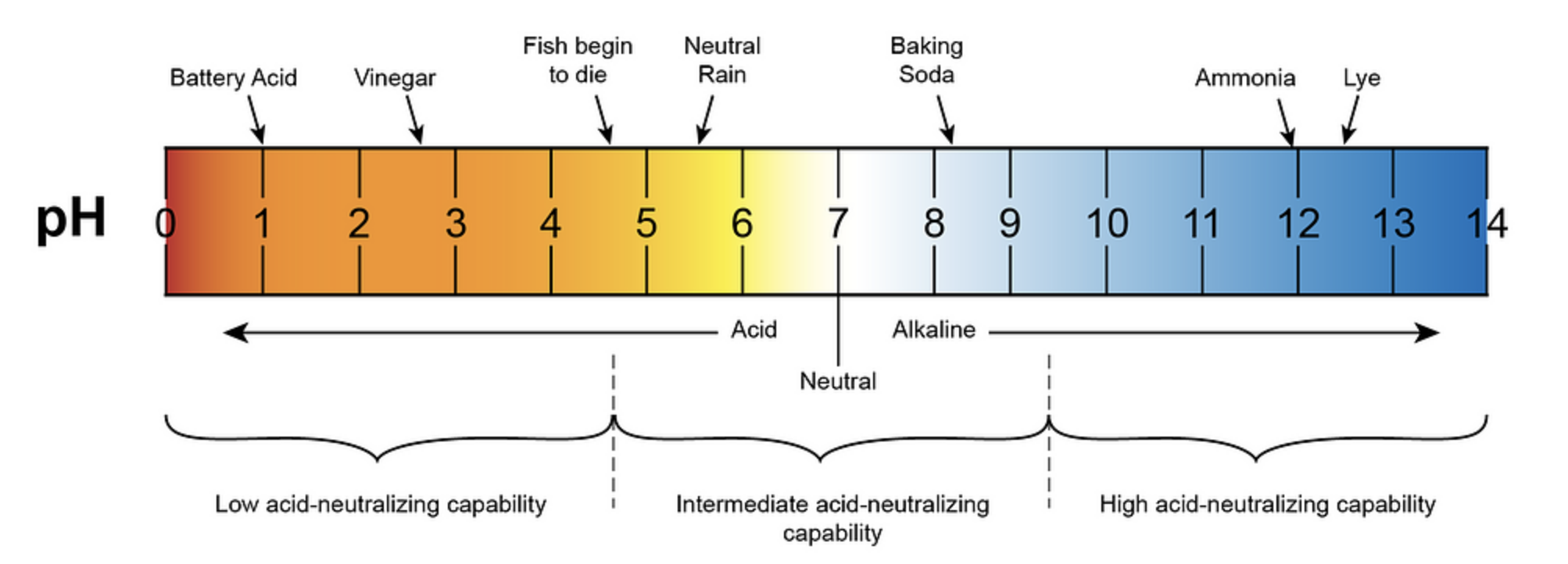The pH of magnesium chloride (MgCl2) in water can range from slightly basic to slightly alkaline, depending on the concentration. At low concentrations, the pH is around 8.0, while at higher concentrations, it can reach up to 9.5. However, when magnesium chloride is dissolved in water, it forms a neutral solution, as it is a salt of a strong acid (hydrochloric acid) and a strong base (magnesium hydroxide).
Understanding the pH of Magnesium Chloride in Water
When magnesium chloride is added to water, it dissociates into magnesium ions (Mg2+) and chloride ions (Cl-). The magnesium ions can react with water molecules to form a slightly acidic solution, but this effect is usually not significant, and the overall pH remains close to neutral.
However, if magnesium hydroxide (Mg(OH)2) is present in the solution, it can react with the magnesium ions to form a precipitate, which can lower the pH and make the solution acidic. This is because magnesium hydroxide is a weak base, and it can react with acids to form water and magnesium ions.
Factors Affecting the pH of Magnesium Chloride in Water
The pH of magnesium chloride in water depends on several factors, including:
-
Concentration of the Solution: The pH of the solution can vary depending on the concentration of magnesium chloride. Higher concentrations tend to result in a more alkaline pH.
-
Presence of Other Ions or Compounds: The presence of other ions or compounds in the solution can also affect the pH. For example, the presence of magnesium hydroxide can lower the pH.
-
pH of the Water: The pH of the water itself can also influence the pH of the magnesium chloride solution. If the water is already acidic or alkaline, it can affect the overall pH of the solution.
Measuring and Adjusting the pH of Magnesium Chloride in Water
To ensure a consistent pH, it is recommended to use distilled or deionized water and to measure the pH before and after adding magnesium chloride. This can be done using a pH meter or pH test strips.
If the pH of a magnesium chloride solution is too low or too high, it can be adjusted by adding acid or base, respectively. For example, if the pH is too low, a small amount of sodium hydroxide (NaOH) can be added to raise the pH. Conversely, if the pH is too high, a small amount of hydrochloric acid (HCl) can be added to lower the pH.
Applications of Magnesium Chloride in Water
Magnesium chloride has a wide range of applications, including:
-
Water Treatment: Magnesium chloride is used in water treatment processes to remove impurities and adjust the pH of the water.
-
Agriculture: Magnesium chloride is used as a fertilizer and soil amendment to provide magnesium to plants.
-
Industrial Applications: Magnesium chloride is used in various industrial processes, such as the production of magnesium metal, the manufacture of cement, and the treatment of wastewater.
-
Medical Applications: Magnesium chloride is used in some medical treatments, such as the management of certain heart conditions and the treatment of magnesium deficiency.
In conclusion, the pH of magnesium chloride in water is generally neutral, but it can vary depending on the concentration and the presence of other ions or compounds. To ensure a consistent pH, it is recommended to use distilled or deionized water and to measure the pH before and after adding magnesium chloride. If necessary, the pH can be adjusted by adding acid or base.
References:
- What is the pH of magnesium chloride in water? – Quora. Available at: https://www.quora.com/What-is-the-pH-of-magnesium-chloride-in-water
- Is MgCl2 acidic, basic, or neutral (dissolved in water)? – YouTube. Available at: https://www.youtube.com/watch?v=_j6CiJy2ijM
- MgCl2 acidic or neutral in water? – Chemistry Stack Exchange. Available at: https://chemistry.stackexchange.com/questions/41675/mgcl2-acidic-or-neutral-in-water
- Magnesium chloride – Wikipedia. Available at: https://en.wikipedia.org/wiki/Magnesium_chloride
- a solution of MgCl2 in water has pH 1.7 3.7 4.14.2 – BYJU’S. Available at: https://byjus.com/question-answer/a-solution-of-mgcl2-in-water-has-ph-1-7-3-7-4-14-2/
- the period 3 chlorides – Chemguide. Available at: https://www.chemguide.co.uk/inorganic/period3/chlorides.html

